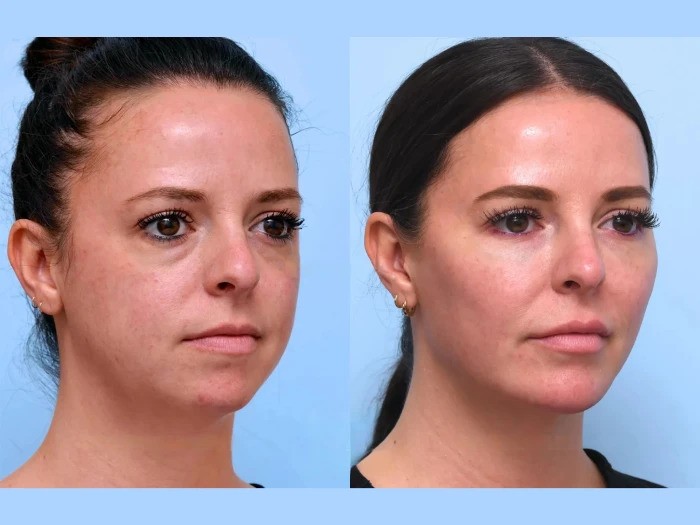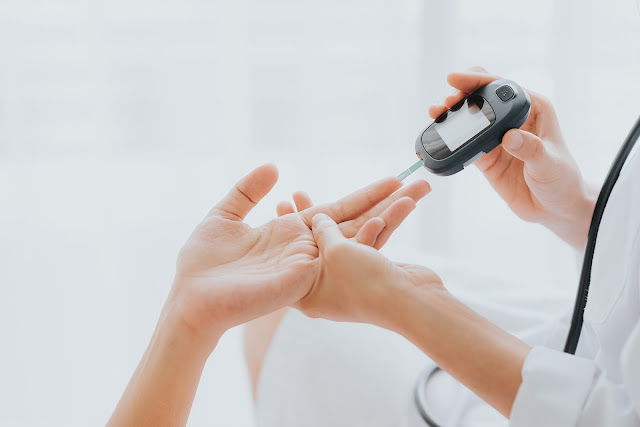A hair transplant is a life-changing procedure that offers long-term, natural results for those struggling with hair loss. While the excitement of regaining your hair is unmatched, one of the most common concerns among patients—especially working professionals—is: How soon can I return to work after the procedure?
The good news is that modern hair restoration techniques, such as FUE and FUT, have significantly reduced downtime. So if you’re planning to undergo a Hair Transplant in Islamabad, the recovery timeline is often short and manageable, particularly if you choose a reputed facility like SKN Cosmetic Clinic in Islamabad.
Let’s break down what to expect after surgery and when it’s safe and comfortable to resume your job without complications.
The Day of the Procedure
Hair transplant surgery is typically performed under local anesthesia and is an outpatient procedure, meaning you can go home the same day. However, the process itself may take 4 to 8 hours, depending on how many grafts are being transplanted.
You will not be in any condition to return to work immediately after surgery. You may feel tired, slightly swollen, and sensitive in the treated areas. That’s why it’s best to take the day off and rest.
The First 2-3 Days After Transplant
The first 72 hours post-surgery are the most critical in terms of healing and protection of the grafts. Your scalp will likely feel tender, and you may have some swelling around the forehead or eyes, especially with FUT (strip method).
During this period, most doctors recommend staying at home. You’ll be given specific aftercare instructions that typically include:
-
Sleeping with your head elevated
-
Avoiding physical exertion
-
Refraining from touching or washing your scalp
-
Taking prescribed medications or pain relievers
So, when can you return to work?
For desk jobs or remote work (with minimal physical activity), many patients can safely return to work after 3 to 5 days.
1 Week After Surgery: Confidence Returns
By the end of the first week, most of the swelling and redness will have significantly decreased. If your job doesn’t require strenuous labor or excessive movement, you’ll likely feel well enough to get back to your regular routine.
That said, some visible signs of the transplant will still be present, such as:
-
Small scabs in the recipient area
-
Mild redness or pinkness
-
A slightly shaved or patchy appearance, especially if you had FUE
At this stage, wearing a loose-fitting cap or hat is generally permitted (only with your surgeon’s approval), which helps conceal any signs while at work.
10 to 14 Days: Clear for Most Jobs
Around day 10 to 14, the scabs typically start falling off, and the transplanted hair enters the shedding phase. This is a completely normal process called shock loss, and it’s nothing to worry about.
Most people feel completely confident resuming their work routine at this point, even for public-facing roles. If you work in sales, hospitality, or management, you may prefer waiting until this point when you’re more aesthetically comfortable.
Jobs That Require Physical Labor
If your job involves:
-
Heavy lifting
-
Outdoor exposure
-
Excessive sweating
-
Wearing helmets or hats frequently
You may need to wait up to 10–14 days before returning to work. This delay is necessary to protect the newly transplanted grafts and reduce the risk of dislodging or infection.
Some patients may also need to modify their work routines or request light duties for a couple of weeks post-transplant.
Returning to the Gym or Sports
While it’s not directly job-related, many patients also wonder when they can resume exercise or physical activity. Strenuous workouts, running, and swimming are typically not recommended for at least 2 to 3 weeks, as they can interfere with healing.
Sweating can also irritate the scalp or dislodge grafts, so it’s best to avoid gyms and high-impact sports temporarily. Your surgeon will provide customized guidelines based on the type of procedure you’ve had and your individual healing progress.
Tips to Make Your Return to Work Easier
If you’re worried about how your scalp will look or feel when going back to work, here are a few helpful tips:
1. Plan Your Surgery Around Weekends or Holidays
A long weekend or a short leave around the procedure can reduce the number of missed workdays.
2. Work from Home (If Possible)
Remote work allows you to heal comfortably without worrying about appearance.
3. Use Protective Headwear
A loose hat, scarf, or surgical cap can hide early signs while also shielding the scalp from dust and sun.
4. Communicate With Your HR (if needed)
If your role involves physical activity or outdoor exposure, talk to your manager or HR about a temporary adjustment in duties.
Emotional Comfort Matters Too
While the physical downtime is limited, some people feel emotionally self-conscious in the early days post-transplant. Even though the visible signs diminish quickly, it’s okay to give yourself a few extra days to regain full confidence.
The key is to not rush your recovery and let your body and mind adjust before diving back into work or social settings.
Why Recovery Time Is Shorter with Advanced Techniques
Modern hair transplant methods like FUE (Follicular Unit Extraction) are minimally invasive, resulting in faster healing and less discomfort. Clinics like SKN Cosmetic Clinic in Islamabad offer cutting-edge procedures that allow patients to resume work within days, not weeks.
Their expert team provides personalized recovery plans, ensuring you return to your daily routine comfortably and safely.
To know more about options, costs, and results, visit the dedicated page for Hair Transplant in Islamabad.
Final Thoughts
So, how soon can you go back to work after a hair transplant? For most people, it’s within 3 to 7 days—depending on your job type and individual healing. While visible signs may persist a bit longer, they are usually mild and manageable.
Taking a short break is well worth the long-term benefits of fuller, natural-looking hair. With proper care and the right guidance, you can bounce back to your routine quickly and confidently.
If you’re considering undergoing this procedure, we recommend consulting with experts at the SKN Cosmetic Clinic in Islamabad for a comprehensive assessment and guidance tailored to your lifestyle.



